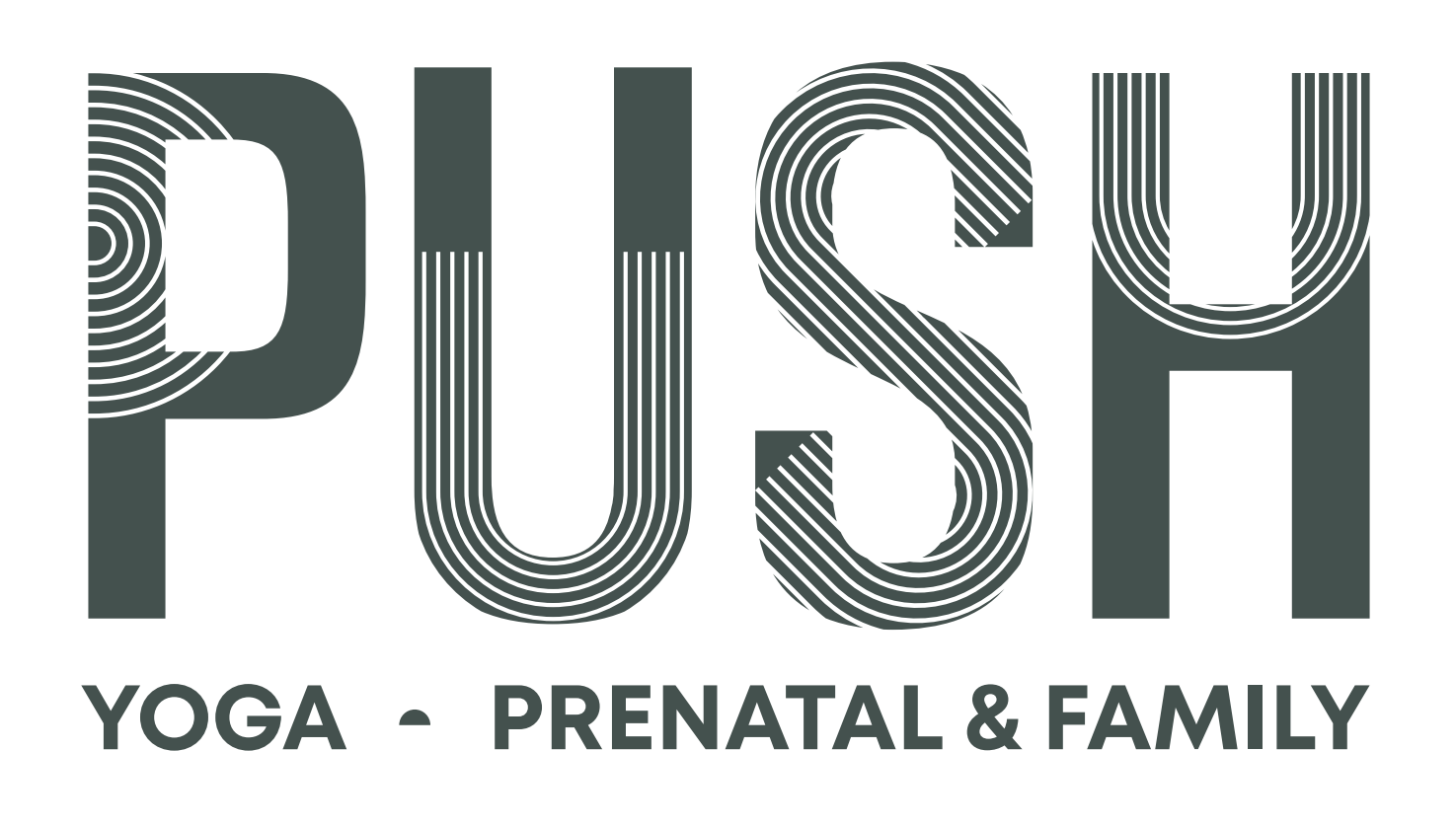In today’s fast-paced world, mental health is becoming increasingly recognized as crucial to overall well-being. While adults are often the focus of therapy and mental health services, children also face emotional and psychological challenges that can benefit from early intervention and support. Kids therapy is a vital tool that helps children navigate their feelings, develop coping mechanisms, and build a strong foundation for mental and emotional resilience as they grow. Whether you’re a concerned parent or a professional searching for resources, understanding the benefits of therapy for children is crucial to ensuring their well-being.
As more people turn to online resources to find mental health support, search engines have become an essential part of discovering reliable services. Websites like Psychology Today have become go-to platforms for finding therapists and mental health professionals. In this blog, we’ll explore what kids therapy entails, why it’s important, and how to find the best resources when searching for child therapists online.
What is Kids Therapy?
Kids therapy, often referred to as child therapy, involves psychological counseling for children to address emotional, behavioral, and mental health challenges. Just like adults, children experience a wide range of emotions and face various stressors. However, they often lack the ability to articulate these feelings or understand how to cope with them. This is where a psychotherapist can help.
Therapists can use various therapeutic techniques designed specifically for children. These methods may include play therapy, art therapy, cognitive-behavioral therapy (CBT), and talk therapy. The goal is to provide a safe, supportive environment where children can express their emotions, build coping strategies, and develop positive ways of managing their thoughts and behaviors.
When is Therapy for Children Necessary?
While it’s normal for children to go through emotional ups and downs, there are times when their struggles may go beyond what they can handle on their own—or even with the help of parents or caregivers. Kids therapy can be beneficial in situations where children are facing:
Anxiety and Stress
Children may feel anxious due to academic pressure, family issues, or social concerns. Symptoms of anxiety in children can manifest as excessive worrying, difficulty sleeping, or physical complaints like headaches or stomachaches.
Trauma and Grief
Experiencing traumatic events such as the loss of a loved one, divorce, or witnessing violence can deeply affect a child’s mental and emotional state. Trauma-focused therapy can help children process their feelings and regain a sense of safety and stability.
Behavioral Issues
Children struggling with behavioral disorders, such as ADHD (Attention-Deficit/Hyperactivity Disorder) or ODD (Oppositional Defiant Disorder), can benefit from therapy that teaches them self-regulation and improves their interpersonal relationships. Parents may search for child behavior therapists online, including on platforms like Psychology Today, where specialists are listed.
Depression
Depression in children is often overlooked or mistaken for “bad behavior,” but it can be a real and serious issue. Children suffering from depression may withdraw from activities they once enjoyed, show a lack of energy, or express hopelessness. Therapy can be a lifeline, providing them with the tools to address negative thought patterns.
Social and Peer Issues
Children often face difficulties with social interactions, including bullying, making friends, or adjusting to new environments like a different school. Therapy can help children develop better communication skills and build self-esteem, making it easier for them to navigate social challenges.
Family Changes
Major changes in a family dynamic, such as the birth of a sibling, a move, or a divorce, can cause significant stress for a child. Family therapy, along with individual counseling for the child, can help everyone involved understand each other’s perspectives and work together to adapt to the changes.
How Does Kids Therapy Work?
Therapists use age-appropriate strategies to engage children and encourage them to express their feelings. Since children may not be able to verbalize complex emotions, therapists often incorporate creative techniques such as:
Play Therapy
Play is one of the primary ways children learn and express themselves. In play therapy, therapists use toys, games, and creative activities to help children express their emotions and work through their problems. This method is especially effective for younger children who may not have the vocabulary or cognitive maturity to talk about their issues directly.
Cognitive-Behavioral Therapy (CBT)
CBT is a widely used approach in therapy for children with anxiety, depression, or behavioral disorders. In CBT, the therapist helps the child recognize negative thought patterns and replace them with more positive, realistic thoughts. Over time, this can improve both behavior and emotional well-being.
Art Therapy
Art therapy allows children to express themselves through drawing, painting, or other creative outlets. This form of therapy is particularly helpful for children who struggle to communicate verbally, as it provides them with an alternative way to process and share their emotions.
Talk Therapy
For older children and teenagers, talk therapy may be more appropriate. During talk therapy sessions, the therapist provides a safe space for the child to discuss their feelings and concerns. This type of therapy is often combined with CBT to address specific issues such as anxiety or depression.
How to Find the Right Kids Therapist
Finding the right therapist for your child is critical to the success of therapy. Many parents begin their search by looking online, typing in keywords like “kids therapy,” “child psychologist,” or “Psychology Today therapist” into search engines. Here are some tips for finding the best therapist for your child:
1. Use Online Resources Like Psychology Today
Many parents find therapists through platforms like Psychology Today, which allows users to search for mental health professionals based on location, specialization, and even insurance coverage. The platform has become a trusted resource for individuals seeking therapy for themselves or their children.
When searching, make sure to look for therapists who specialize in child psychology or offer kids therapy. You can narrow your search further by filtering for specific issues such as anxiety, trauma, or ADHD.
2. Consider the Therapist’s Credentials and Experience
It’s important to choose a therapist with the right qualifications and experience. Look for professionals who are licensed child psychologists or therapists with experience in pediatric mental health. Additionally, therapists who have experience with play therapy, CBT, or trauma-focused therapy may be particularly helpful depending on your child’s needs.
3. Ask About Their Approach
Different therapists use different methods, and it’s essential to find one that matches your child’s needs. Most therapists have a complimentary discovery call where you can ask about the therapist’s approach to working with children. Some children may benefit more from play therapy, while others might respond better to CBT or art therapy.
4. Evaluate the Child-Therapist Relationship
The success of therapy often depends on the rapport between the child and the therapist. It’s important that your child feels comfortable and safe with the therapist. If the connection isn’t there, don’t hesitate to seek out another therapist who might be a better fit.
5. Seek Recommendations
Sometimes the best way to find a good therapist is through word-of-mouth. Ask your pediatrician, school counselor, or other parents for recommendations. Many people rely on reviews or personal testimonials when making decisions about their child’s mental health care, and these can often lead you to a trusted therapist.
The Benefits of Early Intervention
Early intervention in a child’s mental health can have long-lasting benefits. Therapy provides children with a safe space to express their emotions, work through challenges, and develop coping skills that they will carry with them into adulthood. Here are some key benefits of starting therapy early:
Improved Emotional Regulation
Children who receive therapy learn to identify and manage their emotions, reducing instances of emotional outbursts, anxiety, or depression.
Enhanced Social Skills
Therapy can help children develop stronger interpersonal skills, leading to better relationships with peers, teachers, and family members.
Better Academic Performance
Children struggling with emotional or behavioral issues often have difficulty concentrating or performing well in school. Therapy can improve focus, reduce stress, and enhance a child’s ability to succeed academically.
Increased Self-Esteem
Children who learn to understand and address their emotional needs feel more confident and empowered, which boosts their self-esteem.
Prevention of Future Mental Health Issues
By addressing mental health challenges early, kids therapy can help prevent more serious issues from developing later in life. Children who receive support when they need it are less likely to face chronic mental health problems as adults.
Kids therapy is not just about solving immediate problems; it’s about giving children the tools they need to navigate life’s challenges in healthy and constructive ways. Whether a child is dealing with anxiety, behavioral issues, trauma, or social difficulties, therapy can provide a supportive environment to work through these challenges. Platforms like Psychology Today are invaluable resources for finding the right therapist who specializes in child psychology.
When parents take the time to seek out professional help for their children, they are making an investment in their child’s future mental health and emotional resilience. By recognizing when a child might need therapy and finding the right resources, parents can help their children not just cope, but truly thrive.
If you’re considering therapy for your child, don’t hesitate to reach out to a qualified therapist and explore your options. Early intervention can make all the difference, ensuring your child has the support they need to grow into a healthy, happy adult.




